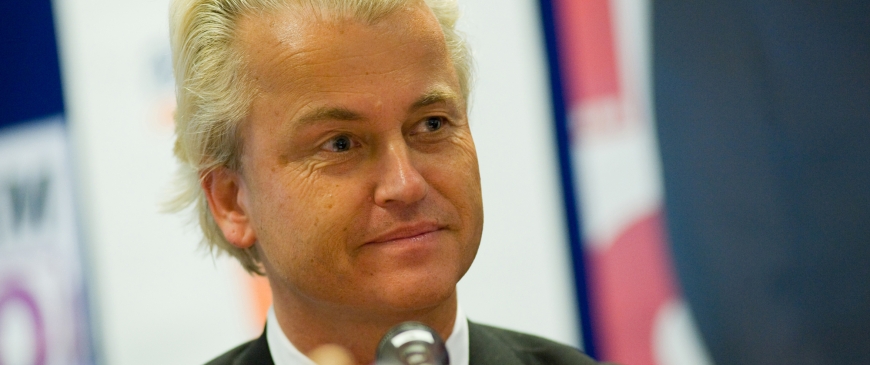
Far-right parties are exploiting a design flaw in coalition governments across Europe
Polls suggest that 13 of those parties may get into parliament; eight are expected to win ten seats or more - a historic high, according to the think tank Centre for European Reform (CER). "Wilders benefits from today’s fragmented political landscape because it means that even if he only gets 1/6th of the vote, he could still end up as the largest party or the largest party in opposition," says Rem Korteweg, a senior research fellow at CER. ...Those who oppose him will have to build a majority coalition with at least five parties to govern, a task Korteweg dubs as a “political Rubik’s cube,” since these parties would have little in common other than to thwart Wilders. What’s more, building this kind of coalition would be time-consuming, and because of its size the resulting coalition would be unstable and weak, risking fresh elections.
